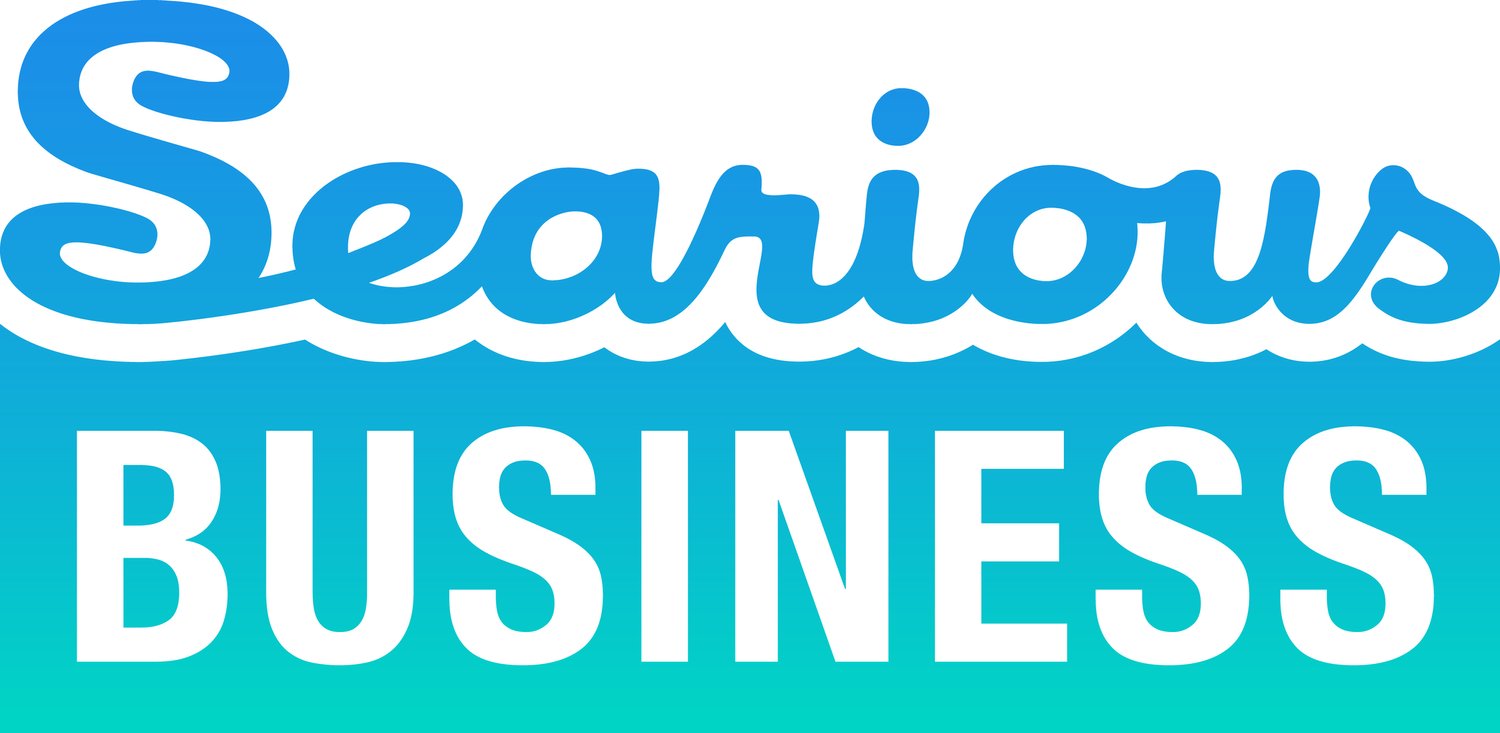Searious Business travel to Cyprus to initiate the Plastic Waste Free Island Cyprus Project
Last month, Willemijn Peeters, CEO of Searious Business, travelled to the island of Cyprus as part of the IUCN Plastic Waste Free Island-Cyprus project. Together with business consultant Anna-Lena Henke, she met with local partners and stakeholders to begin the initial assessment of the plastic situation on the island.
The Plastic Waste Free island- Cyprus project is implemented by the International Union for Conservation of Nature, Centre for Mediterranean Cooperation and funded by the Didier and Martine Primat Foundation. The scheme is an extension of the Plastic Waste-Free Islands (PWFI) initiative, launched by the IUCN in 2019 as part of the global Close the Plastic Tap Programme. The overarching goal is reducing plastic waste generated on small islands and stopping its eventual leakage into the ocean. According to an IUCN report, Cyprus accounts for less than 1% of the total plastic leaked into the Mediterranean sea. But compared to the Mediterranean average of 38 kg per capita a year, Cyprus generates a surprisingly high 106 kg per capita of plastic waste. This high waste generation combined with an inefficient waste management system inevitably results in marine leakage.
Local Introductions
The purpose of the trip was to facilitate introductions with local authorities and stakeholders. The Searious Business team visited various locations to get a general overview of plastic usage in hotels, supermarkets and the fishing industry. They were able to assess the current issues and problems and identify the most significant users of plastics. They will then incorporate these learnings into an action plan.
In Aiya Napa and Nikosia, they met with local partners, the Cyprus Sustainable Tourism Initiative and Together Cyprus, who are already making great efforts to promote sustainable tourism on the island. Director of the CSTI, Philipos Drousiotis, introduced them to the major hotels and tourist resorts. The tourist industry has been hit hard by the COVID-19 pandemic this past year, and their sustainability plans have seen a resulting setback. With tourists responsible for 11% of total plastic pollution, this should be seen as an ideal time to reassess plastic use and design strategies to build back better.
See the big picture
Getting a thorough overview of the current and future policies in waste management is key to designing solutions that work specifically for this island, so meeting with the Department of Environment and discovering the existing recycling facilities was an essential task. Representatives from Agrotourism were able to explain the challenges surrounding sorting and collection of waste in rural locations. Future tactics will need to work on the island as a whole and not just focus on urban areas.
Plastic-free Sea
Plastic waste created by the fishing industry in the form of discarded nets and ghost gear is of growing concern in Cypriot waters. The Department of Fisheries was able to shed some light on the situation, and it is hoped that solutions can be found for waste prevention as well as its management. Single-stream net-to-net recycling will provide circular solutions for damaged nets, while innovative waste-to-product solutions will be found for other types of plastic waste generated. The team also met with SandSeaPlasticFree, a young initiative aiming to cut the consumption of single-use plastics. By collaborating with these important local partners, Searious Business will identify the biggest potentials for plastic reduction and develop strategies to manage plastic waste on the island more efficiently. As a result, they are changing the fate of the plastic waste streams, reducing leakage into the sea, leading to healthy coastal ecosystems, and safeguarding the future of Cyprus.



